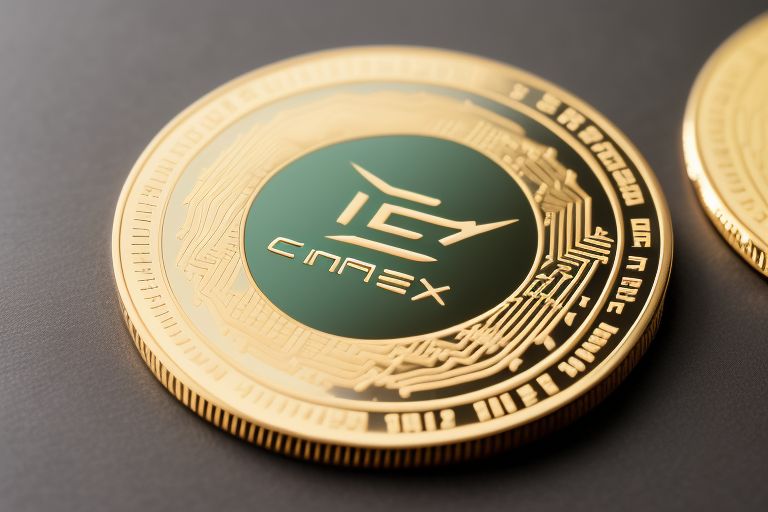During a discussion at the Bitcoin Policy Summit in Washington, D.C., on April 9, 2024, Coin Center’s research director Peter Van Valkenburgh emphasized the importance of developing decentralized applications (DApps) with smart contracts that cannot be modified. He believes this approach reduces the developers’ risk of being held responsible for any fraudulent activities on their platforms.
According to Van Valkenburgh, for those developing DApps on Bitcoin’s layer-2 networks who wish to steer clear of legal issues, it’s crucial to ensure these smart contracts are immutable from the start. He highlighted that smart contracts capable of being turned on and off through multisignature mechanisms or governance votes pose a higher risk of liability for illegal actions on the platform.
Van Valkenburgh also advised against keeping the smart contracts closed-source, pointing out the potential pitfalls of such a strategy.
He referred to the Ethereum ecosystem as an instructive example for Bitcoin developers on how to avoid regulatory issues by truly creating something beyond any single person’s control.
The dismissal of a lawsuit against Uniswap serves to illustrate his point, where the court decided that the creator of computer code should not be held accountable for how others use the platform.
However, the case of Tornado Cash’s developers, who faced legal actions despite their efforts to enforce immutability in their contracts, shows that such measures do not entirely protect developers from legal action.
Alexey Pertsev, a developer for the crypto mixer Tornado Cash, was jailed for eight months in the Netherlands under suspicion of involvement in laundering money through the protocol. Another developer, Roman Storm, pleaded not guilty to charges in the United States related to operating a money transmitter and facilitating money laundering and sanctions evasion. The third co-founder, Roman Semenov, is currently fugitive.
Van Valkenburgh believes that the outcome of Storm’s case will bring more clarity to the regulatory landscape in the U.S.














+ There are no comments
Add yours